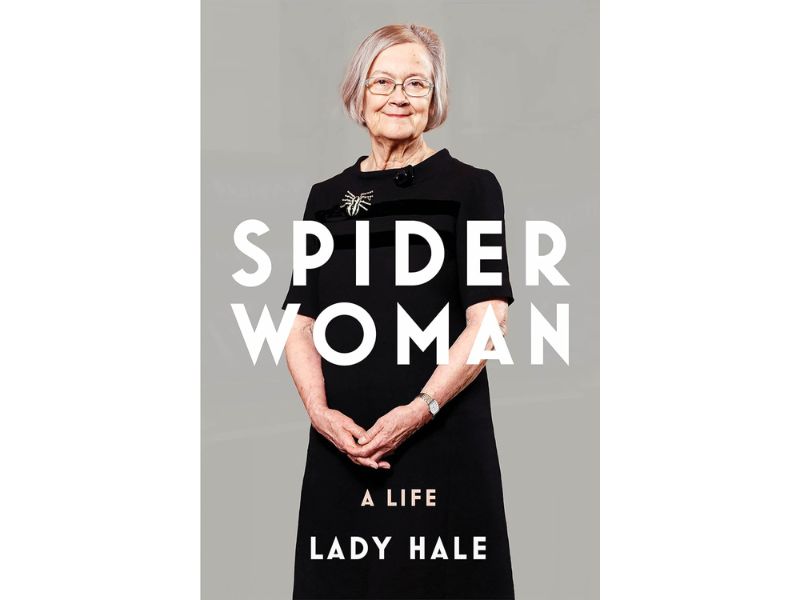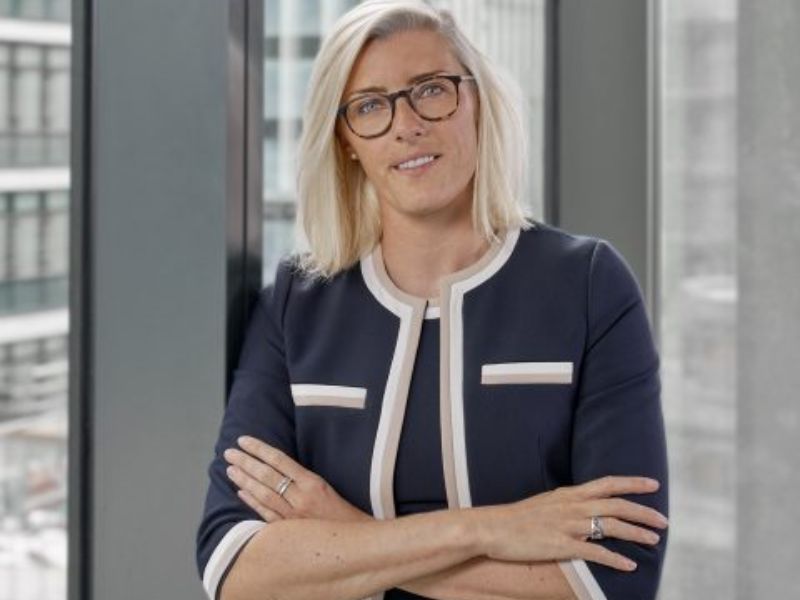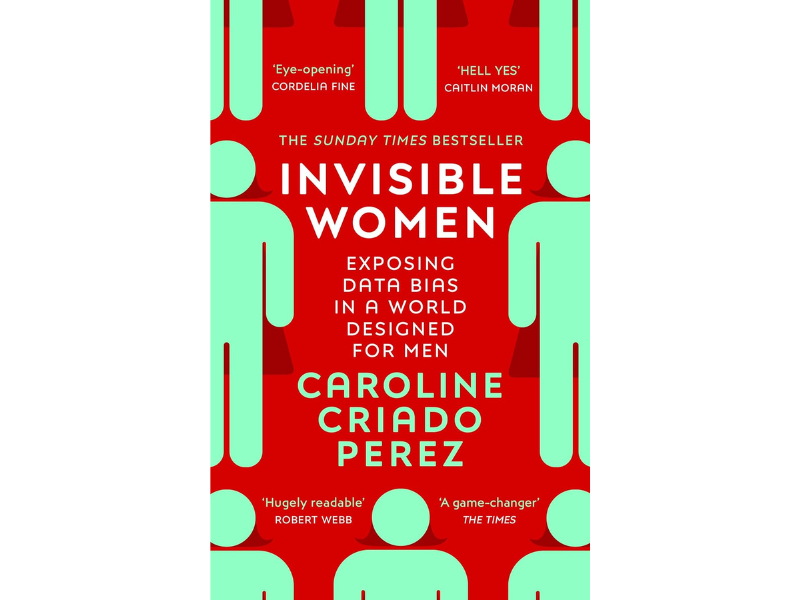Article by Karen Holden, CEO of A City Law Firm
 Law was traditionally a male-dominated industry but in 1919 the Sex Disqualification (Removal) Act was passed and for the first time in history women were legally allowed to practice as solicitors and barristers in England.
Law was traditionally a male-dominated industry but in 1919 the Sex Disqualification (Removal) Act was passed and for the first time in history women were legally allowed to practice as solicitors and barristers in England.
Since then the number of women in Law has significantly grown. Today women make up 50.1% of the 139,624 practising legal certificate holders. Although, over the last 100 years women have made huge steps towards equality I believe there is still a long way to go to establish the level of women in senior roles in law firms.
A major step is changing archaic preconceptions of what a top lawyer looks like. I handle a lot of work for international clients and senior male businessmen. Despite, being the CEO of my own company, I am still undermined due to my sex. I have been asked countless times if “The owner of the business can attend”, had officials request that “They send a man next time” and even specifically been asked by clients to “Only have a man represent me”. It is clear that gender bias within the industry still exists.
A large part of the issue is linked to whether women choose to start families. The Sex Discrimination Act 1975 and the Equality Act 2010 assisted in protecting women’s rights and under these legislations pregnancy and maternity are protective characteristics. Therefore, women shouldn’t feel anxious that motherhood could hinder their chances of promotion into senior roles. But the reality is I had to leave my high-profile job at an international law firm due to the negative reception I received when considering starting my own family.
This was in fact, the reason I set up A City Law Firm. I never wanted anyone to feel this could potentially jeopardise their career progression, so it was crucial that I created an environment where employee’s development would not be affected by becoming a parent.
What can help reduce gender bias?
Flexible working can help to tackle this problem. This is not offered by all law firms and is something we need to push for further in the UK generally as well as within the legal profession to ensure more women seek higher roles, knowing they can still have families if they choose. Men should also be encouraged to explore flexible working patterns and arrangements so childcare is not assumed for women to handle alone. If we are to establish equality this should be a shared role as is the case in many Scandinavian countries. This would ultimately result in mother’s having more time to focus on their careers.
In addition, I strongly encourage more women to speak at events and stand out. We need to be at the forefront, inspiring other women and reiterating the image of what a top lawyer looks like. I’m often the only female panelist to talk at investment events so it is clear to me that visibility is key and there currently is not enough of it.
Recently I was awarded the Freedom of the City, yet at Guild events they assume it is my husband who is the freeman and approach him to enter into conversation. It is apparent that women are a rarity in this scene and a lady from the judiciary (a Freeman of over 40 years) whom I recently met expressed how very few women were permitted to these events and although she was pleased to see it changing, progression is still far too slow. I agreed that for change to occur more rapidly women need to be disruptive and assertive in the city.
Although over the last 100 years women have had an immense impact to our society and workforce making huge steps towards equality, there is still a long way to go to reduce gender bias. I believe that if the above steps are implemented within the Legal landscape it will significantly reduce the seniority disparity between the sexes within the workplace.
 About the author
About the author
Award-winning lawyer Karen Holden obtained her degree in Law and went on to achieve a Masters from the University of Cambridge and her LPC from the College of Law.
In 2007 Karen founded A City Law Firm providing highly experienced and dynamic solicitors in the City of London, who think outside the box, whilst delivering at competitive costs.
Prior to establishing the firm, Karen managed a fast-paced UK department within an international London based law firm. She dealt with a vast array of areas within law building up an impressive client base and caseload, including frequently managing mediations, multinational disputes and high-value complex disputes. Karen is still often asked by other law firms to consult on cases outside of their comfort zone.








